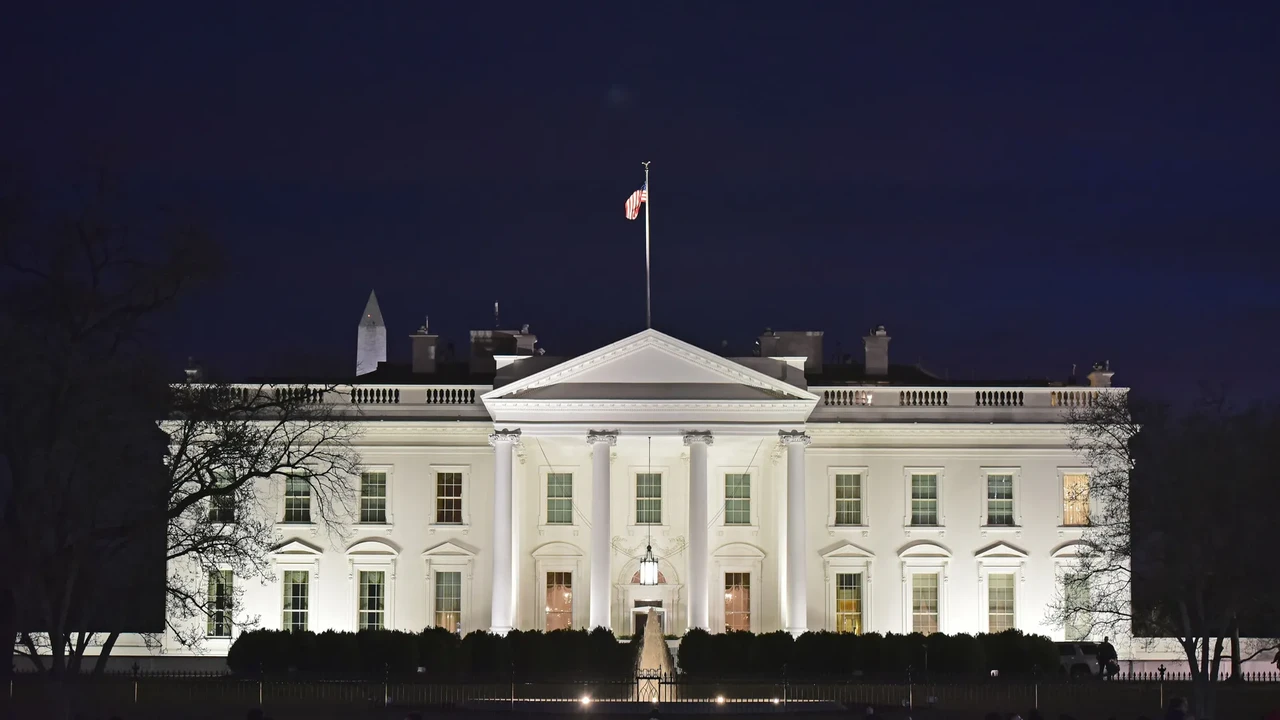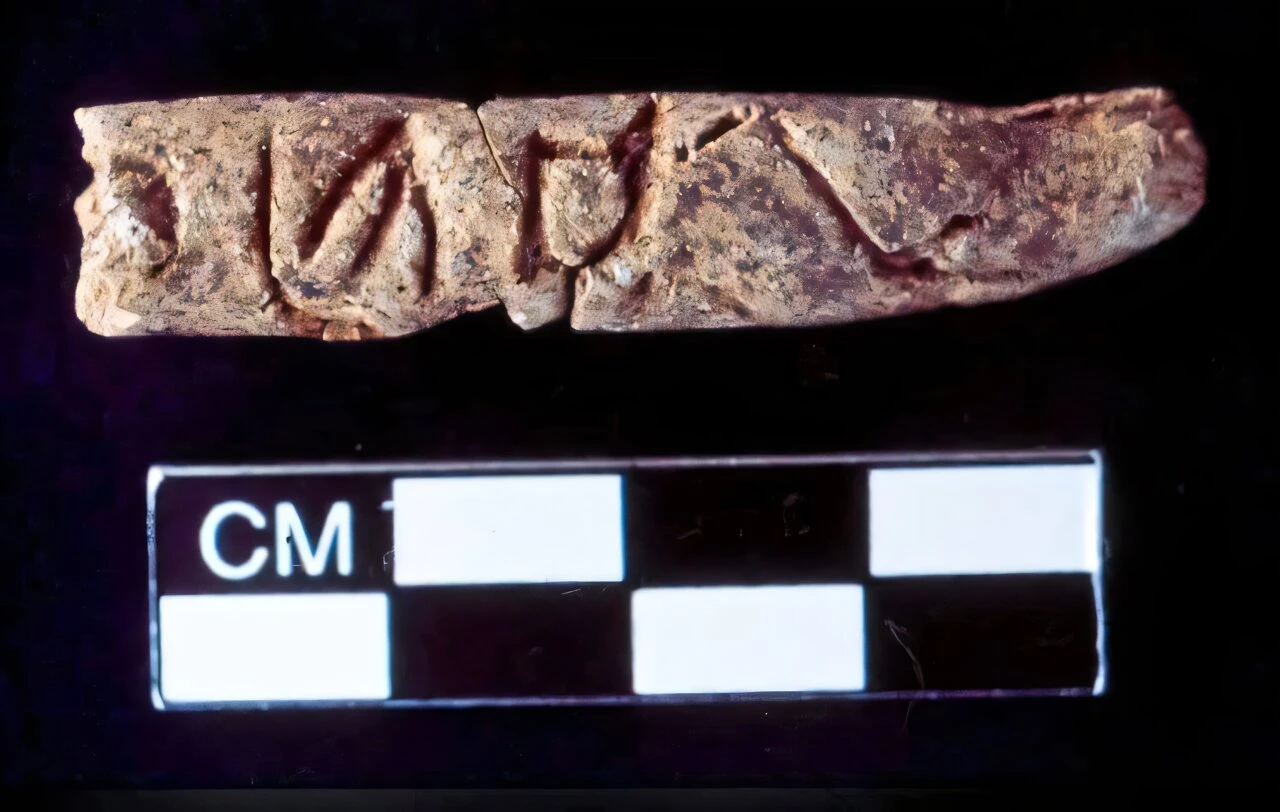Did American democracy take root in Türkiye’s ancient Anatolia?
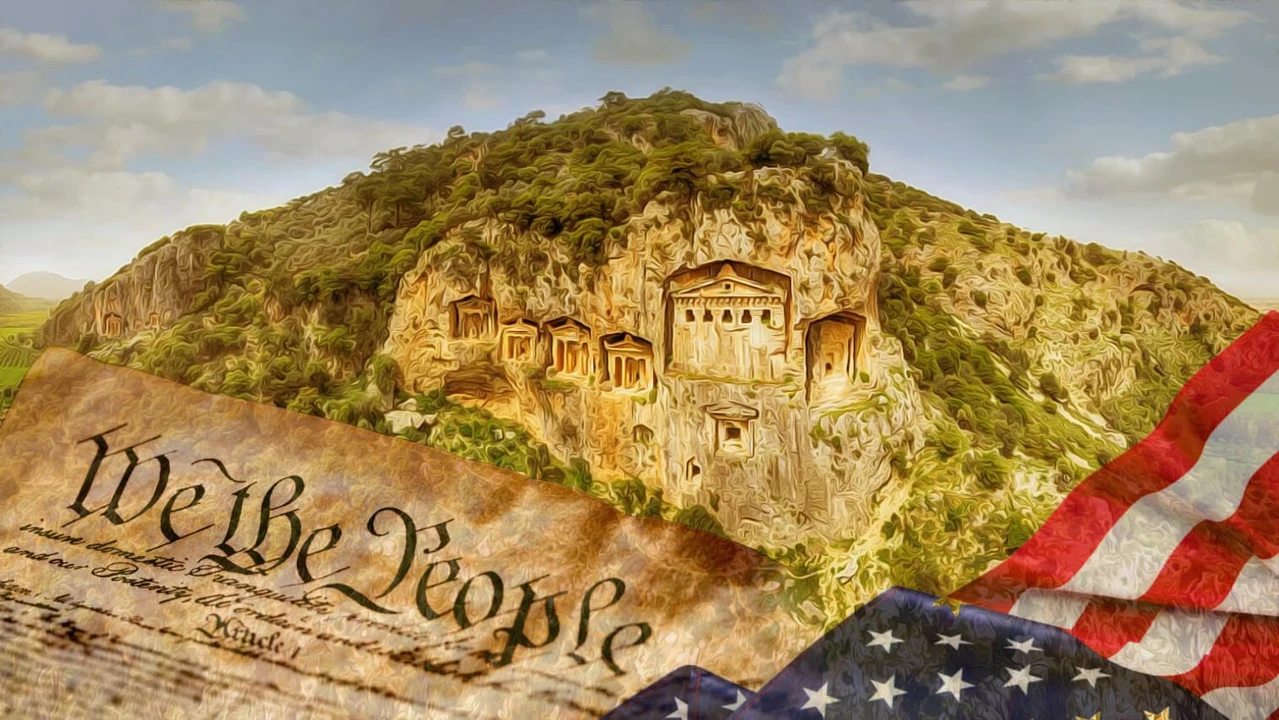 Lycian Rock Tombs and US flag illustration. (Illustration by Dimosthenis Vasiloudis)
Lycian Rock Tombs and US flag illustration. (Illustration by Dimosthenis Vasiloudis)
The roots of American democracy, often traced back to enlightenment thinkers like Locke and Montesquieu, may extend even further, to the ancient world. A fascinating connection exists between the Lycian League, a federation of city-states in ancient Anatolia (modern-day Türkiye), and the founding principles of the United States.
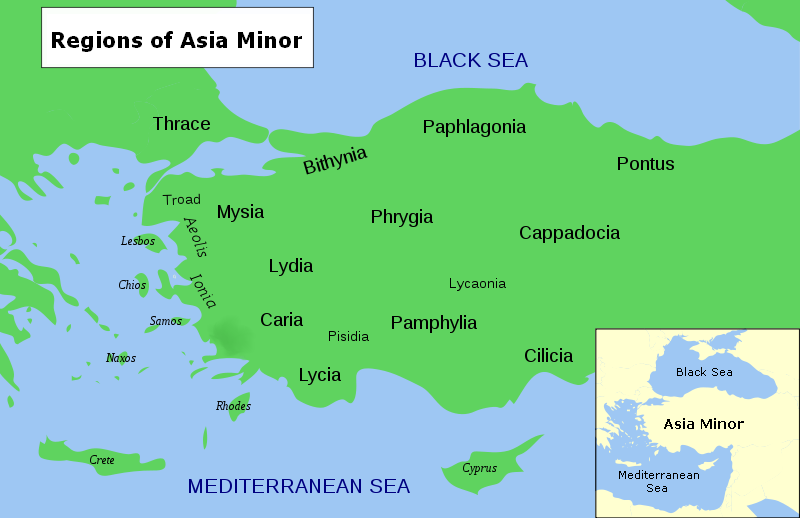
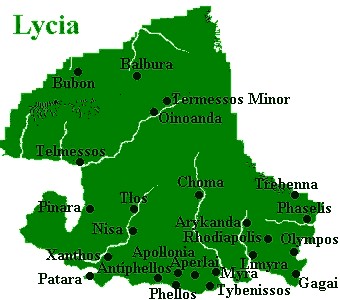
Lycian League: Model of federalism
The Lycian League, which flourished around the 2nd century B.C., was a remarkable experiment in democratic governance. Comprising 23 city-states, including Xanthos, Patara, and Myra, the League was a federation with a central assembly where each city had a number of votes proportional to its size. This ensured that smaller cities were not overshadowed by larger ones, creating a balance of power.
The League had a rotating presidency and shared a common culture and language. Despite being conquered by various empires over the centuries, the Lycian League’s democratic principles endured, making it a unique example of ancient self-governance.

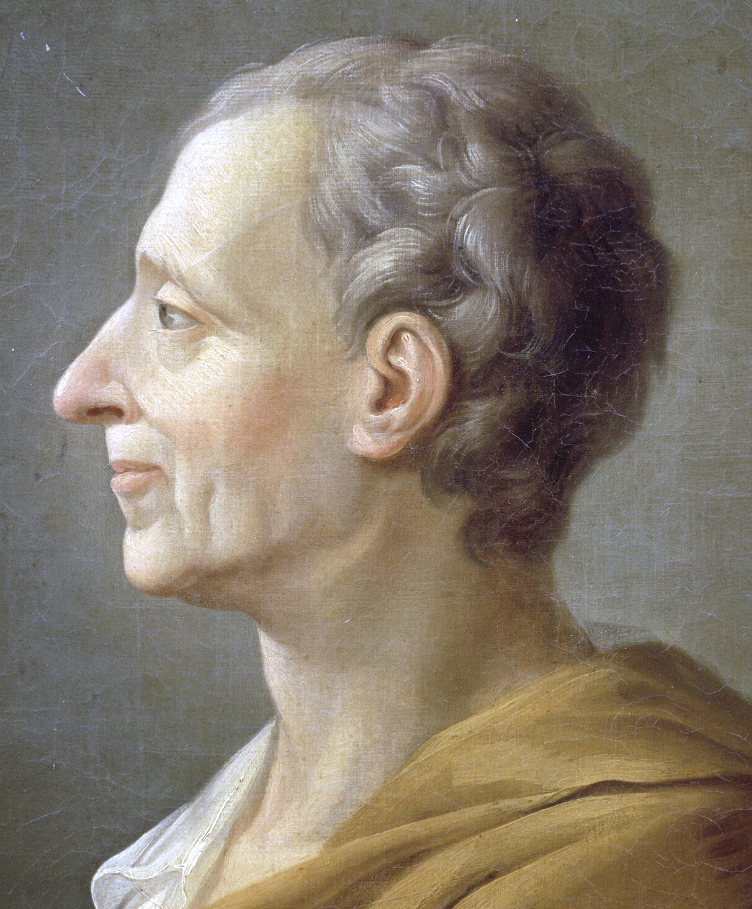
Montesquieu and Lycian League
The French philosopher Montesquieu, renowned for his work on the separation of powers, was deeply impressed by the Lycian League. In his influential book “The Spirit of the Laws,” Montesquieu cited the Lycian League as a prime example of a successful federation.
He argued that the League’s democratic institutions and its ability to balance the interests of its member states were worthy of emulation.
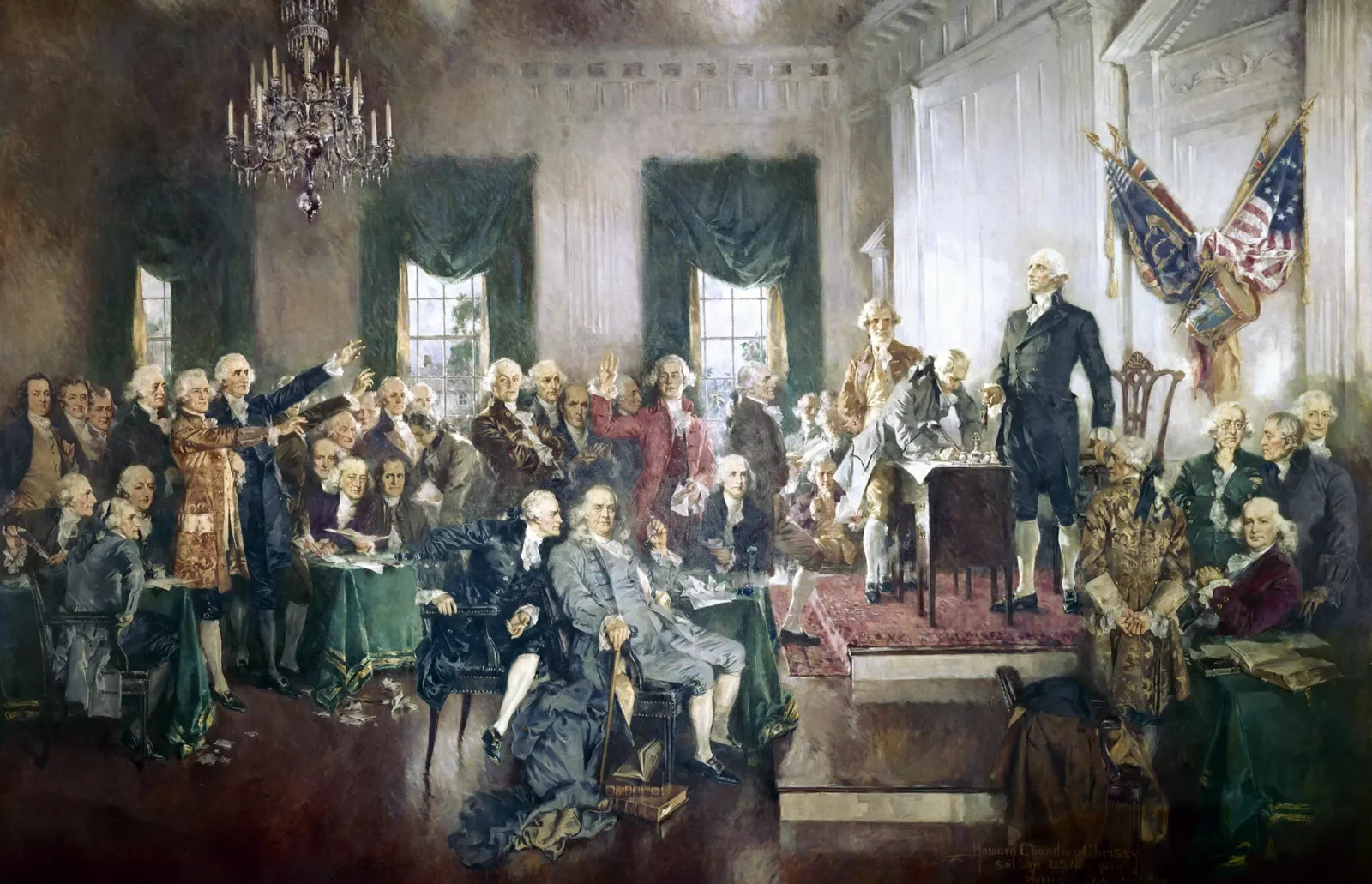
How Lycian League influenced America’s founding fathers
Montesquieu’s ideas were widely read by the Founding Fathers of the United States, including James Madison and Alexander Hamilton. In the Federalist Papers, a series of essays written to promote the ratification of the U.S. Constitution, the authors frequently referenced the Lycian League and other ancient federations. They argued that the Lycian League’s experience demonstrated the feasibility of creating a large republic based on federal principles.
The Lycian League’s influence can be seen in various aspects of the U.S. Constitution, such as:
- The Senate: The equal representation of states in the Senate, regardless of population, is reminiscent of the Lycian League’s system of proportional representation. This ensured that smaller states had a voice in the federal government, preventing domination by larger states.
- Federalism: The division of power between the federal government and the states is a core principle of American democracy, and one that was inspired by the experiences of ancient federations like the Lycian League. This division of power prevents the concentration of authority in a single entity, safeguarding individual liberties and promoting local self-governance.
- Checks and balances: The separation of powers into legislative, executive, and judicial branches, and the system of checks and balances designed to prevent any one branch from becoming too powerful, are also rooted in ancient political thought, including the ideas of the Lycian League. This system ensures that no single branch can dominate the others, maintaining a balance of power and protecting individual rights.
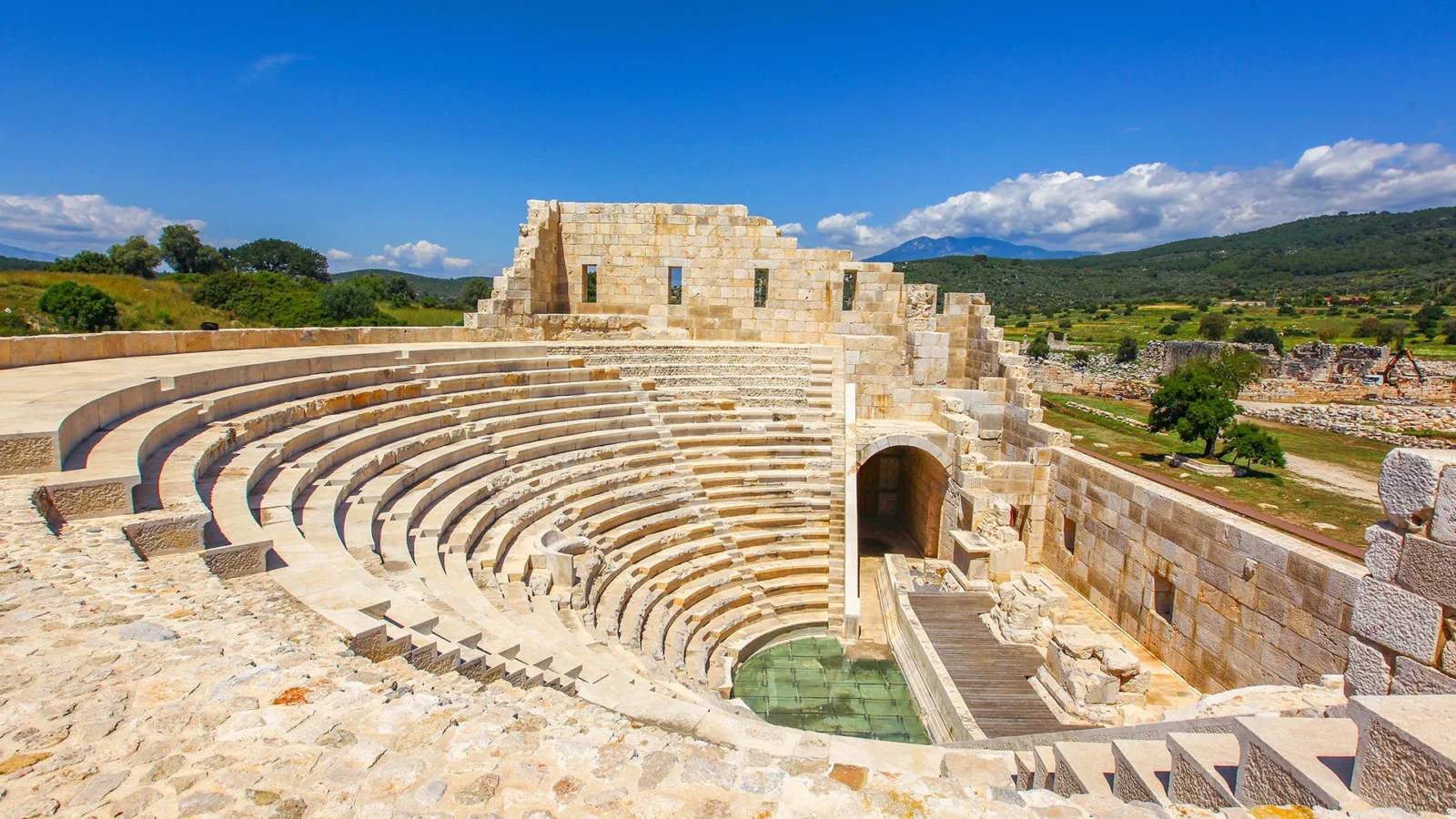
Legacy that continues to shape democracy
The discovery of the Lycian League‘s influence on the U.S. Constitution offers a fascinating glimpse into the interconnectedness of human history. It suggests that the ideas of democracy and self-governance have been a part of the human experience for a millennia. As we continue to grapple with the challenges of building just and equitable societies, it is worth looking back to the wisdom of our ancestors and learning from their experiences.
The Lycian League’s legacy extends beyond its impact on the U.S. Constitution. It serves as a reminder that democratic principles are not merely modern inventions but have deep historical roots. By understanding the lessons of the past, we can better appreciate the value of democratic institutions and strive to strengthen them for future generations.
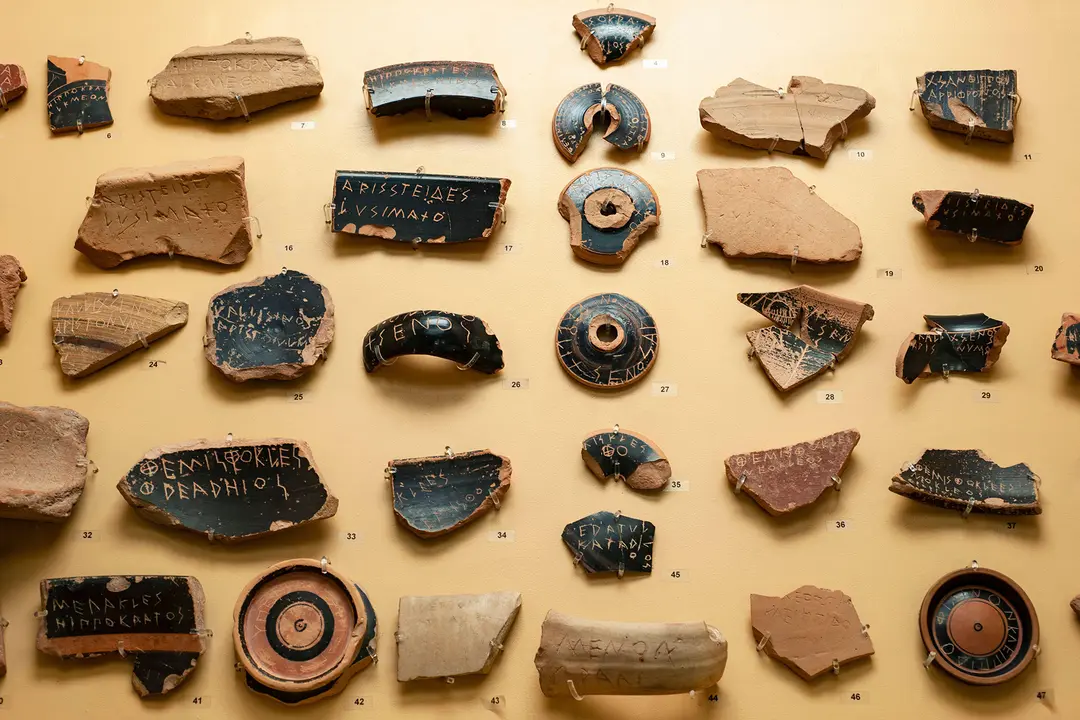
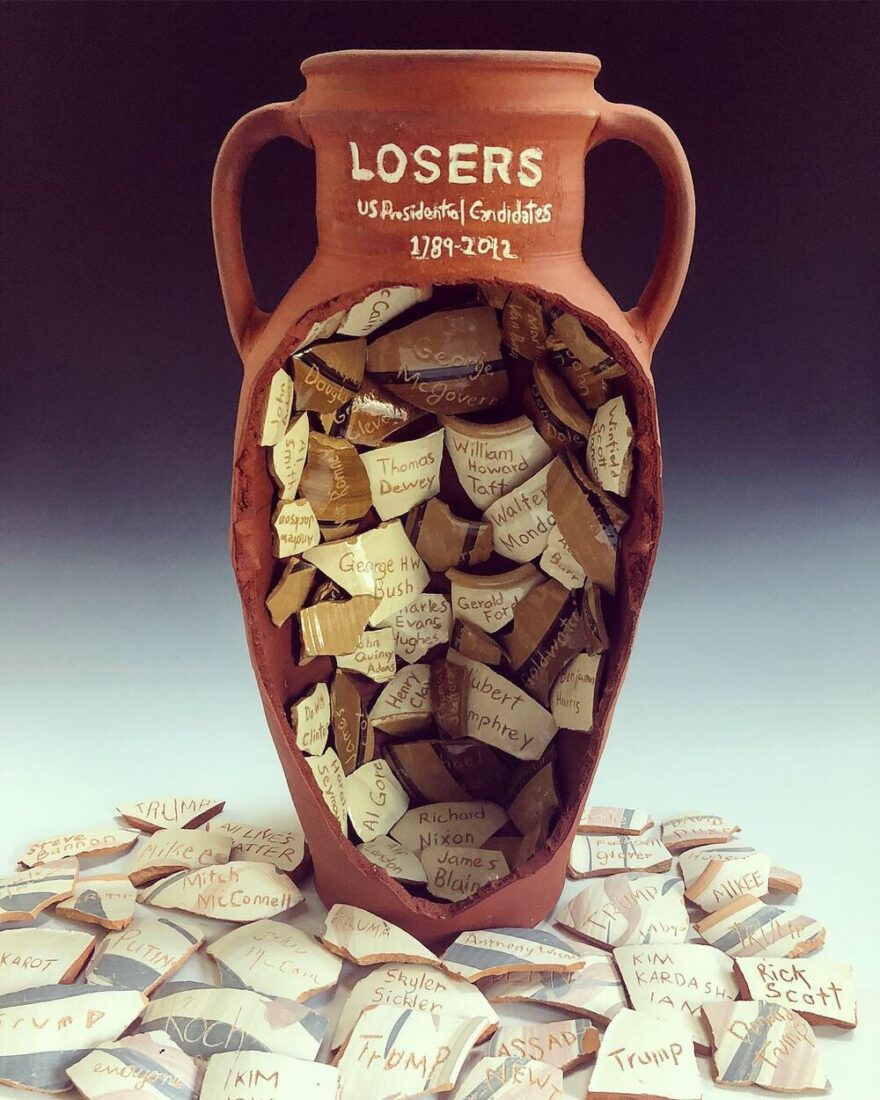
Elections: Core element of democracy
An essential feature of the Lycian League was its democratic election process. Members of the assembly were chosen through a form of election where citizens, or representatives of cities, could participate in the decision-making process.
This participatory system promoted active engagement and accountability among the League’s members. This concept of election, though rudimentary compared to modern standards, influenced the Founding Fathers’ understanding of representative democracy.
In conclusion, the Lycian League’s influence on the U.S. Constitution is a testament to the enduring power of ideas. The ancient Anatolian federation’s principles of federalism, representative government, and the balance of power continue to shape the course of American democracy. As we navigate the complexities of the 21st century, it is essential to recognize the historical foundations of our democratic institutions and work to preserve and strengthen them.


